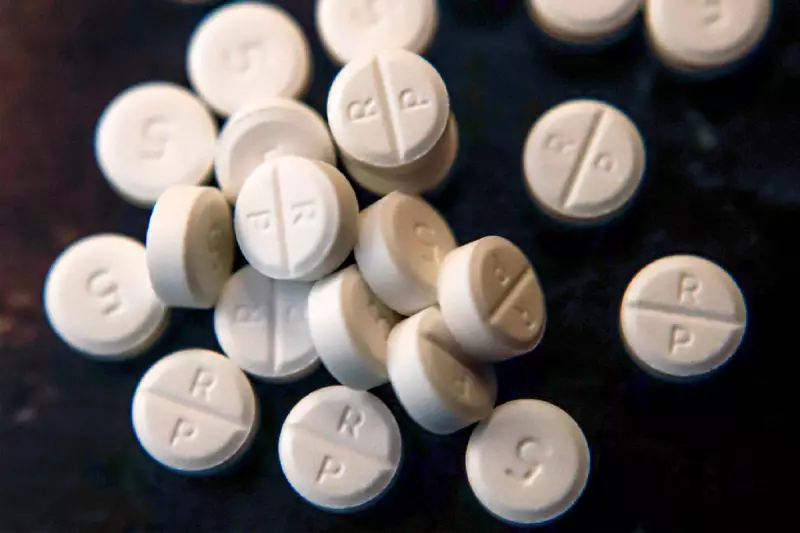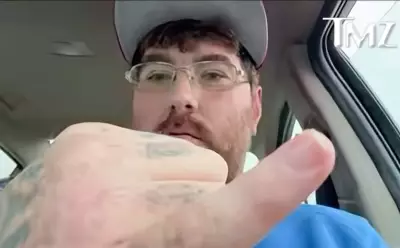
A landmark legal chapter in the United States' opioid epidemic is nearing its conclusion as a judge signalled his intent to approve a massive settlement involving Purdue Pharma and its owners, the Sackler family.
This decision paves the way for billions of dollars to start flowing to victims and government entities as soon as next spring, while also spelling the end for the Purdue Pharma name.
The End of an Era: Sackler Payouts and Purdue's Transformation
In a hearing on Friday, U.S. Bankruptcy Court Judge Sean Lane stated he planned to ratify the deal, with a full explanation of his reasoning to follow next week. The settlement resolves thousands of lawsuits accusing the company of fuelling the opioid crisis through its aggressive marketing of OxyContin.
The Sackler family members, who have been widely criticised for their role in the epidemic linked to over 900,000 US deaths since 1999, will contribute up to $7 billion and relinquish ownership of the company. They had already left the board in 2018 and ceased receiving payouts, but in the preceding decade, they had withdrawn more than $10 billion from the firm, about half of which reportedly went to taxes.
As part of the agreement, the family is barred from the global opioid business and, in a significant blow to their legacy, are prohibited from having their names placed on any institutions like museums or universities in connection with charitable donations. Many such institutions had already severed ties.
Concurrently, Purdue Pharma will cease to exist in its current form. The Stamford, Connecticut-based company will be renamed Knoa Pharma and transformed into a public benefit entity. Its future board will be appointed by state officials, and any profits are intended to be directed towards combating the opioid crisis.
Compensation for Victims and Lingering Legal Issues
A distinctive feature of this settlement, compared to other major opioid agreements worth a total of around $50 billion, is the provision for direct payouts to individual victims and their survivors.
The plan allocates approximately $850 million for this purpose. Victims who can prove they were prescribed OxyContin are expected to receive payments of roughly $8,000 or $16,000 each, depending on the duration of their use. Over $100 million is specifically dedicated to the care of children born suffering from opioid withdrawal.
While these individual payments are scheduled for next year, funds for government bodies can be dispersed over 15 years. The company also agreed to make public millions of internal documents, including those typically protected by attorney-client privilege.
Despite the settlement, Purdue Pharma still faces a sentencing formality from a 2020 guilty plea with the U.S. Department of Justice, where it admitted to paying doctors to prescribe more OxyContin and having an ineffective anti-diversion programme.
Future Legal Exposure for the Sacklers
This new settlement comes after the U.S. Supreme Court overturned a previous 2021 agreement, ruling that the Sackler family members had improperly received protection from lawsuits without themselves filing for bankruptcy.
The current deal is less likely to be appealed, as no legally represented parties objected by the end of this week's hearing. Crucially, the new terms allow entities that do not opt into the settlement, such as the city of Baltimore, to pursue future lawsuits against the Sacklers directly.






